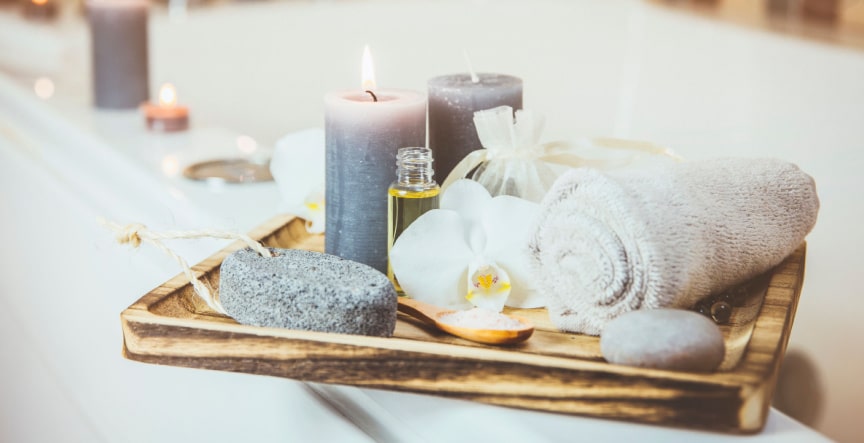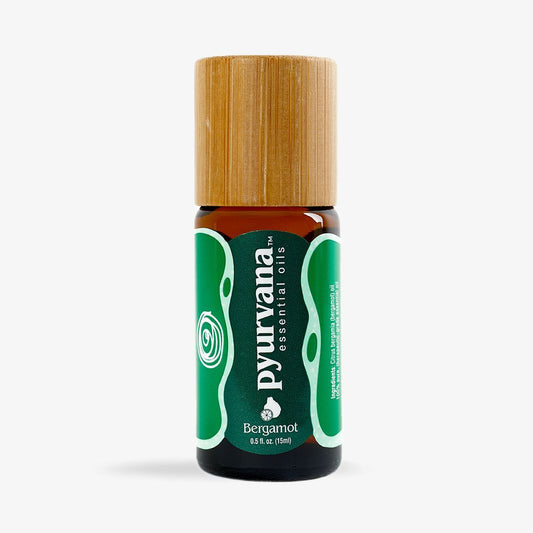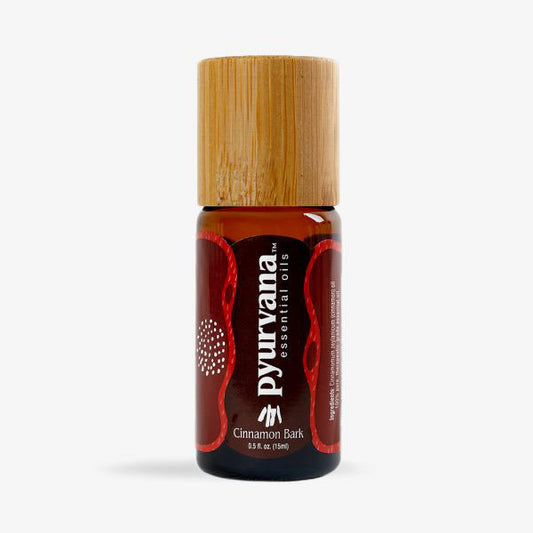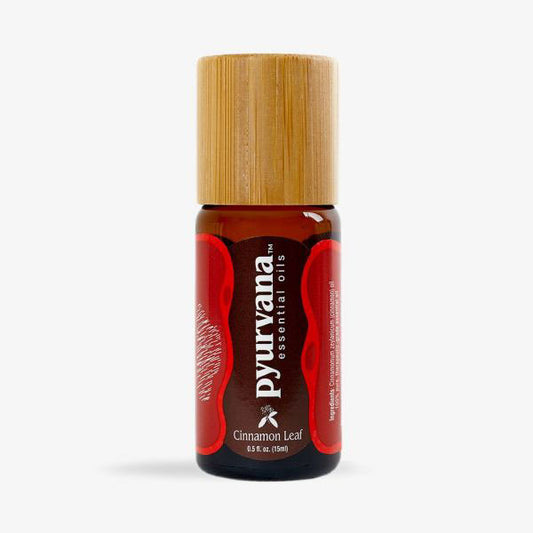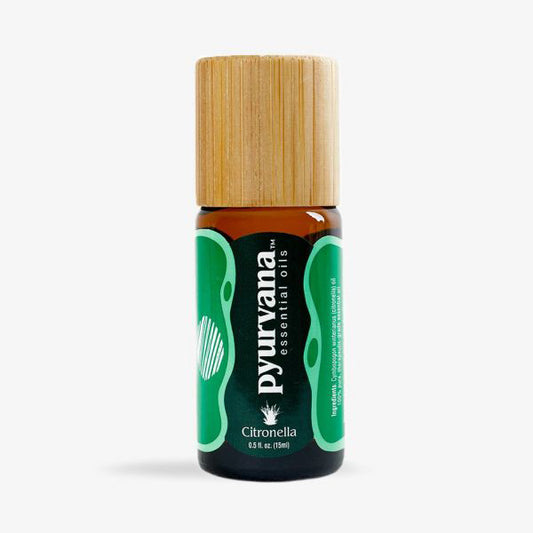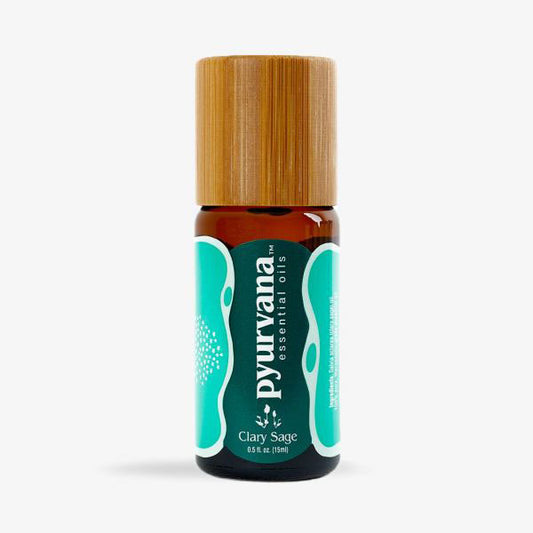A hot bath can be very therapeutic. It relieves joint aches and pains and improves sleep. One way to elevate your bath time is by adding essential oils. The combination of aromatherapy from the scent and topical use of the oils on your body makes for a delightfully relaxing experience. Introducing oils adds even more benefits to your self-care routine, including stress relief and calming effects.
Here are some tips for bathing with essential oils:
Add the Oils While the Water is Running
The best way to add essential oils to your bath is while it is filling up with water. This helps the oil disperse, making for a more balanced bath. It also aerates the scent throughout the room.
Add an Emulsifier
Essential oils need help dispersing into water. A great way to accomplish this in a bath is by adding an emulsifier, such as bath salts. An emulsifier will encourage the two liquids to blend together. You can also add a few drops of oil to a bubble bath base for a more aromatic experience.
Opt For a Shower Instead
If you don’t have a bathtub in your home, you can still use essential oils while you shower. Try placing a cup of water mixed with a few drops of oil in your shower. The steam from the hot water will slowly release the aroma.
Essential Oil Bath Safety
Always Dilute Oils
You should never add essential oils directly to your bathwater. Oil and water do not mix, so the oil will sit on the surface of the water. Also, pure essential oil touching your skin directly can cause irritation or other adverse reactions. A little goes a long way, so we recommend using three drops of oil for every teaspoon of carrier oil, such as coconut or jojoba oil.
If you have sensitive skin, you may want to dilute the oil even more.
Use Caution With Children
For children under the age of 12, especially infants less than one, use essential oils with caution. Oils such as lavender can impact young boys’ hormones, leading to a condition known as gynecomastia.
Wipe Out the Bathtub After Use
After the water drains out, traces of the oils can remain on the surface. This makes the bathtub very slippery and increases the risk of injury. Wiping with a cloth or scrubbing out the tub with baking soda after each essential oil bath can easily degrease it.
What Essential Oils Are Best For Bathing?
Many essential oils have calming properties. As a result, they are well-suited for adding to a relaxing bath. However, you can always determine which oils benefit you the most, as well as mix oils to create scents of your own.
Three oils that we recommend for bathing use are:
Lavender
Lavender is known best for its calming scent. Due to its soothing nature, it is a great choice to use for a relaxing bath to help you unwind. It also acts as a stress reliever.
Orange
Aside from adding a bright scent, orange oil can be used for muscle relaxation as well as a stress and anxiety reducer. It is naturally warm, giving it a calming effect when added to a bath.
Like other citrus oils, orange oil can cause photosensitivity, making you more prone to sunburns if exposed to ultraviolet (UV) rays. Avoid sun exposure for up to 12 hours after using orange oil, and be sure to use sunscreen or stay in the shade if you do go outside.
Eucalyptus
One of the primary benefits of eucalyptus oil is its refreshing and stimulating scent, making it a nice addition to a warm bath.
Due to its strong smell, you might want to use less eucalyptus in your bath or blend it with complementary oils, such as a citrus scent.
Upgrade Your Bath Time with Pyurvana
Pyurvana can help you upgrade your self-care routine with the highest-quality essential oils. Along with enhancing your bath time, you can use our oils in a variety of ways, such as house cleaning and diffusing.

